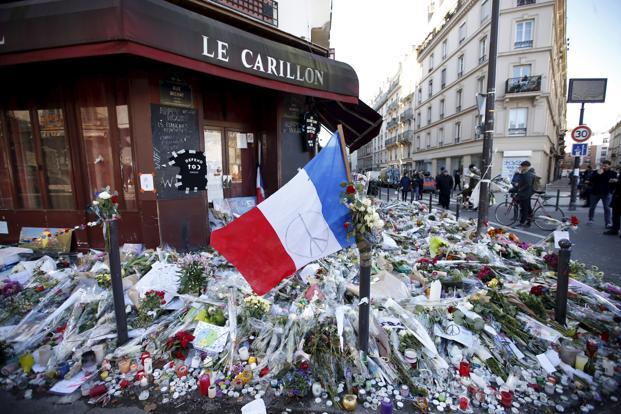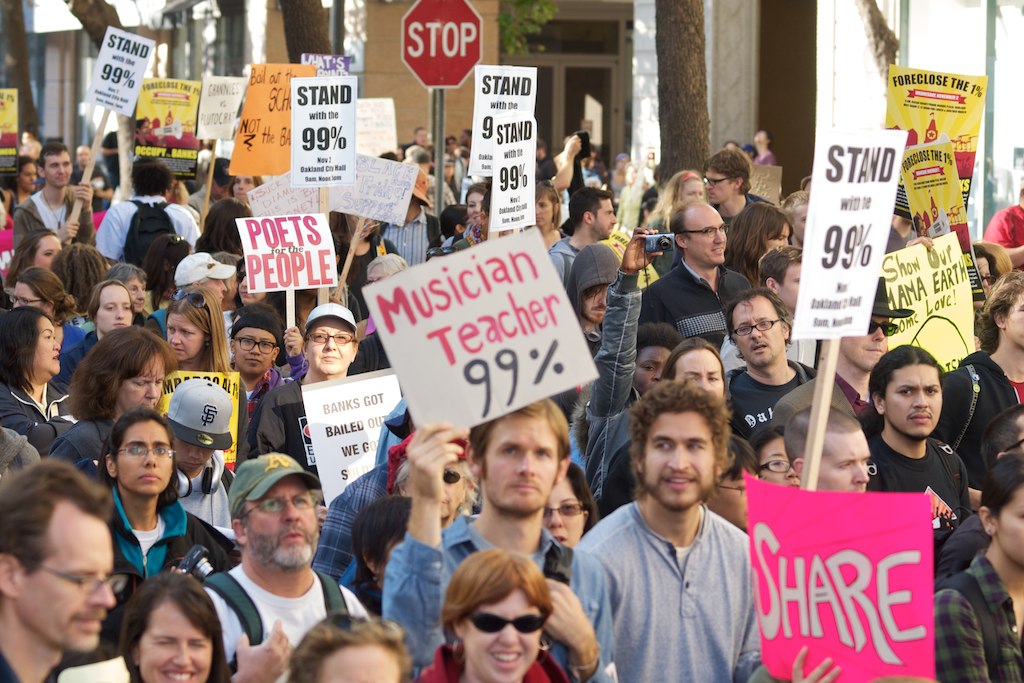By: Tyler S. Bugg
The newest internet sensation, spurred by the “Sh*t Girls Say”YouTube meme, has become a viral success. Or a viral problem.
The popularly funny trend took off when two males dressed in drag created a YouTube video of a compilation of one-liners of, well, sh*t girls say. From brunch gab in the park to the “what to wear” frustration in the bathroom mirror, what’s depicted as an obvious stereotyping of the female lexicon is funny, or at least intended to be.
And it’s getting a lot of laughs. Since the “Sh*t Girls Say” meme hit YouTube, two sequels have been made, receiving a combined 23 million views and counting. And it doesn’t stop there. The gaze on “girl talk” has been translated to videos being made about almost every subject imaginable; “Sh*t Black Girls Say,” and “Sh*t Gay Guys Say,” for example, also make a comedy sketch out of categories of identity through the phraseology of humor.
So why are the videos so popular? A brief scan through the comments sections under some of the videos provides a good answer; the videos are “relatable,” “just like me,” and depict “everything I say on a daily basis.” The one-liners that have made the videos skyrocket through the social media world do so because they’re things we all both constantly say and hear around us. And if the videos are a reflection of what we see of– or at least say– ourselves, do we like what we see?
There’s a nuanced debate to be had on how the sketches are produced by (and actively produce) our cultural perceptions of those among us. As the seemingly infinite number of derivatives of the original video aim to say, there’s always something in all of us to poke a little fun at. But when the poking is at the expense of real, lived racial, ethnic, gender, and sexuality inequalities, the light-hearted message can be damaging. The original “Sh*t Girls Say” espouses to be just that– a depiction of what girls commonly say. Lines begging “can you open this for me?” and whining “something’s wrong with my computer” are just some of those asking girls to view themselves as absent-minded, shallow, insecure, and in search of intimacy and approval. And when the “Sh*t Girls Say” concept became racialized in the likes of “Sh*t Black Girls Say,” “Sh*t Latina Girls Say,” and “Sh*t Asian Girls Say,” the butt of the joke riffed about “nappy” hair, tacos, and engineering. The videos are an obvious generalization of what all of [insert particular race, ethnicity, gender, sexuality] “must be like.” Even worse, perhaps, the videos further the notion that all aspects of an individual’s lifestyle act as qualifiers to one’s race, or vice versa. The discriminatory undertones here are heightened due to their reminder of a time
– historic, recent, and ongoing– in which relationships between people have served to reject the equal identities of others. The videos may not intend to be racist, sexist, or homophobic, but they conjure the same sentiments and, oftentimes, get the same negative reaction.
But not all of the contributors to the meme are in bad voice. The trend took a turn when Francesca Ramsey created “Sh*t White Girls Say…to Black Girls,” followed by others’ “Sh*t Girls Say to Gay Guys” and “Sh*t White Girls Say…to Brown Girls” versions. Unlike many of the very first meme hits, these videos rattle off the one-liners of the most discriminatory things that the character’s best white girlfriend, however genuine and lovely she may be, has said. Ramsey’s video, for example, depicts what she considers to be the racist questions and statements she often hears from even her closest (white) friends: “This is so ghetto…” or “Why are black people so loud?” Rather than laughs for entertainment value, these videos seem more of a social commentary to the types of subconsciously discriminatory exchanges people engage in. The commentary lies in Ramsey’s embodiment of a different perspective from those videos in which someone portrays the stereotypes of his or her own identity. She dons a blond wig and parodies what other identity classes have said to her (in this example, what white girls say to black girls), and her critique is enlightening. Ramsey is casting a critical eye on her understanding of a societal discourse predicated on heightening individual difference for the purpose of making clear “us versus them” categories, categories she finds limiting to the multilayered development of broader identity acceptance.
If there’s anything good about videos like Ramsey’s, it’s that people are seeing it. If comedy is the stylistic choice that carries the commentary, so be it. Such a choice is actually strategically laudable for ensuring wider viewership. Much of the videos’ successes are exactly due to the stylistic elements that make them such ideal candidates for swarming Facebook, YouTube, and Twitter: they’re funny, fun to watch, extremely short, and easily shareable. In a social media generation that values messages that can get across in a status update, a 140-character tweet, or a two minute vlog, videos like Ramsey’s are a concise method for colliding mostly entertainment tools with political and social platforms. The “social” objectives in social media can spread ideas and opinions far and wide, and people are catching on. Social media as a tool for societal development is novel, but it’s proving its impacts for decades to come.
Whether you think the videos are in good taste or not, they do teach us one thing: we’re sadly mistaken to think we live in a society where what we say doesn’t bear on who we are. And we’re even more mistaken when we think that conversation is over. What we think, what we say, and the perceptions we develop as a result, continue to– and will always– be the facilitator of the society we’re a part of, either one that pokes fun at difference or one that fosters it. The old cliche remains: the political is the personal, the personal political. And the closeness of the two will continue to harm us unless we all (re)examine the ‘sh*t we say.’

